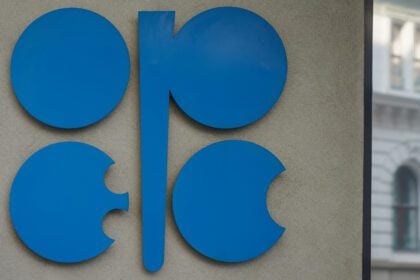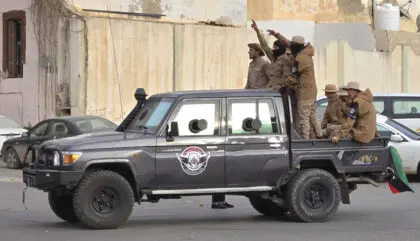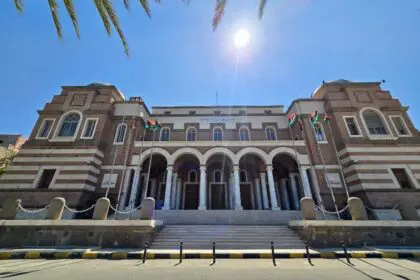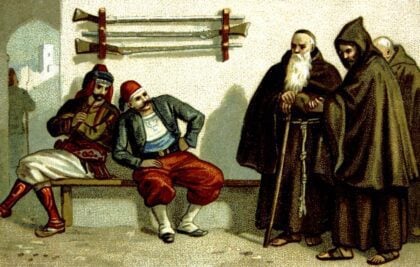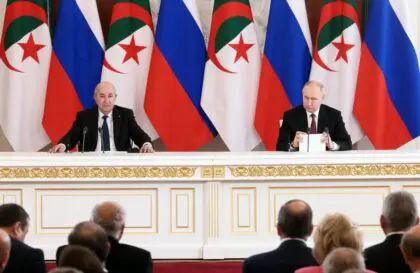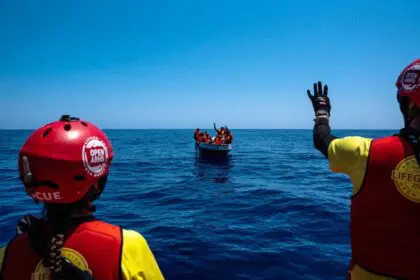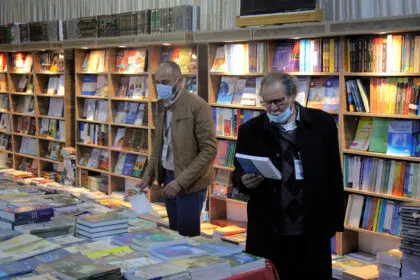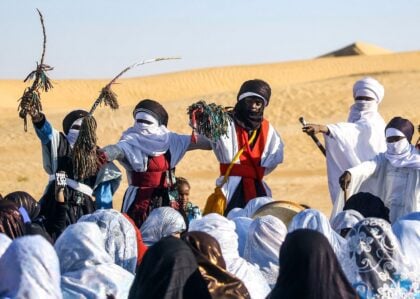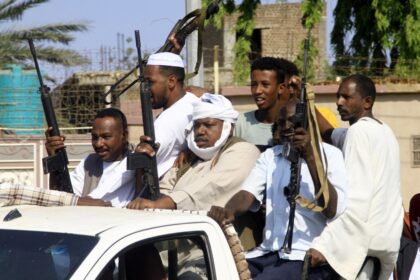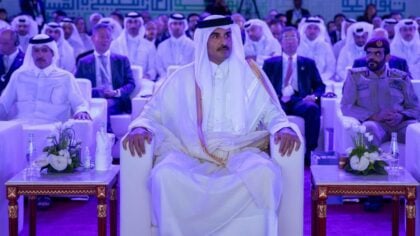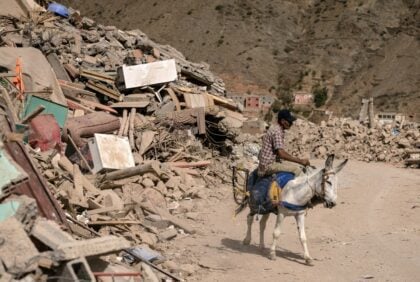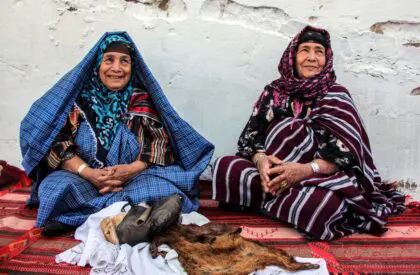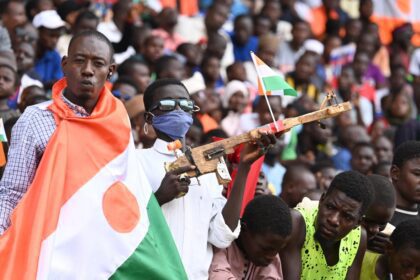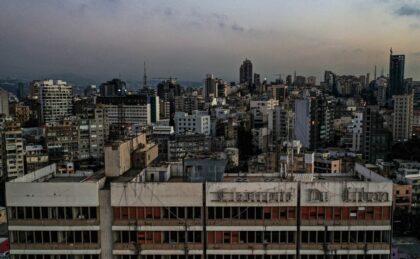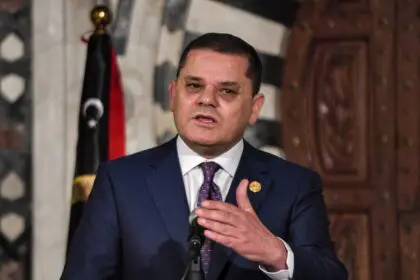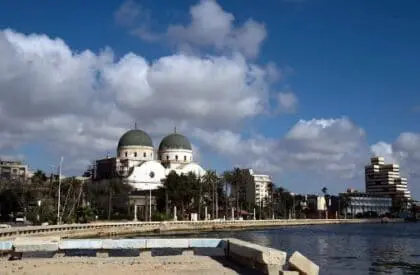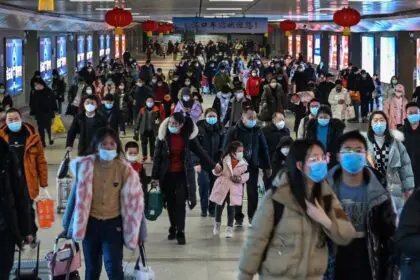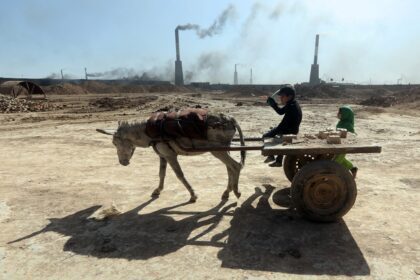
Introduction
Libya (officially the State of Libya) is a country located in North Africa and most of its territories lay in the Sahara desert.
Much of its population is concentrated along the coast and its immediate hinterland. Libya is bounded by the Mediterranean sea on the north, Egypt on the east, Sudan on the southeast, Niger and Chad on the south, and Tunisia and Algeria on the west.
Its total area is 1,759,540 sq km.Tripoli (“The Western Tripoli”), is the capital. Situated in northwestern Libya along the Mediterranean coast, it is the country’s largest city and chief seaport.
The city was known as Oea in ancient times. It was founded by the Phoenicians and later controlled by the Romans, the Vandals, and the Byzantines.
During the invasions by the Vandals, the walls of the cities of Sabratha and Leptis Magna were destroyed, and this resulted in the growth of Tripoli, which had previously been the least important of the three cities.
In 645 the city fell to Arab Muslims led by Amr ibn al-As and it subsequently remained under Arab control (except from 1146 to 1158, when it was taken by Sicilian Normans).
It was stormed by the Spanish in 1510 and was conquered by the Turks in 1551.
From 1911 to 1943 it was in Italian hands, and from then until Libya’s independence in 1951 it was occupied by the British.

Before the discovery of oil in the late 1950s, Libya was considered poor in natural resources and severely limited by its desert environment.
The country was almost entirely dependent upon foreign aid and imports for the maintenance of its economy.
The discovery of petroleum dramatically changed this situation. The government long exerted strong control over the economy and attempted to develop agriculture and industry with wealth derived from its huge oil revenues.
It also established a welfare state, which provides medical care and education at minimal cost to the people.
Although Libya’s leader Muammar al-Qaddafi espoused an idiosyncratic political ideology rooted in socioeconomic egalitarianism and direct democracy, Libya in practice remained an authoritarian state, with power concentrated among members of Qaddafi’s inner circle of relatives and security chiefs.
Opposition to the Qaddafi regime reached an unprecedented level in 2011, developing into an armed revolt that forced Qaddafi from power.
In 2021, the population of Libya was estimated at 6.96 million. Arabic is the official language. However, Italian and English are widely understood in major cities. Berber (Amazighi) is used in many regions.
Arab and Amazigh amount to 97% of the total population. The remaining percentage includes other nationalities (Egyptian, Greek, Indian, Italian, Maltese, and others).
Islam is the official religion. According to the estimates of 2020, Muslims amount to 96.6% of the population (almost all are Sunnis), while Christians are 2.7%.
The Libyan Dinar is the local currency.
Natural resources include petroleum, natural gas, and gypsum.
In military terms, Libya ranked 80 out of 145 among the countries included in the 2023 Global Firepower Report.
After the 2011 revolution and the ouster of the Gaddafi regime, the transitional government opted to abolish the main newspapers of the Gaddafi era and establish new ones.
Private print publications, websites, television, and radio stations began to emerge rapidly in this new era of media openness.
However, the country’s subsequent civil war and ongoing conflicts have led to a chaotic media environment.
When Libya Dawn militias arrived in Tripoli in 2014 to re-establish self-declared GNC rule, they took over the Libyan News Agency (LANA). This prompted the House of Representatives in Eastern Libya to establish a rival news agency using the same name in al-Baida. At present, both news agencies disseminate information in favor of a particular faction.
In 2011, a third news agency, Al-Tadamun, was established in Switzerland but has since relocated to Benghazi. It is largely perceived as more reliable than the two partisan state news agencies. In 2015, the European Union and Deutsche Welle Akademie launched the Libyan Cloud News Agency, based in Tunis.
This agency uses satellite-link technology and the online cloud platform to allow Libyans to circumvent regional censorship and report in a more open environment. Libya ranks 143 in the 2022 Press Freedom Index issued by Reporters Without Borders.
The list of prominent faces includes Libyan Prime Minister Fayez al-Sarraj and General Khalifa Haftar.
Football is one of the most popular sports in Libya. The first national league includes a number of teams. Tripoli and Benghazi are the home of many clubs. Al-Ahly won several league titles in Tripoli since the 1960s.
The national team was prevented from participating in international competitions during the period in which the United Nations imposed an embargo on Libya between 1992 and 1998. However, the team returned in the spring of 1999 to participate in world football activities with a friendly match against Senegal.
Horse racing is a traditional part of festive celebrations in Libya, while motor racing is also a well-watched sport. Among the sports that Libyans enjoy are tennis and water sports. For the first time, Libya participated in the Olympic Games in the 1968 edition in Mexico.
Libya’s climate is dominated by the hot arid Sahara, but it is moderated along the coastal littoral by the Mediterranean Sea. From October to March, prevailing westerly winds bring cyclonic storms and rains across northern Libya. In terms of terrains, Libya is flat and has some plains and plateaus.
Libya enjoys archaeological heritage dating back to various stages of human civilization, from prehistoric times to the Ottoman era. The sites of ancient cities dating back to the Greek and Roman eras were excavated.
Most of these locations are located on the Mediterranean coast. The historic city of Libda on the Libyan coast is considered a tourist destination as it is a symbol of the stone and marble monuments.
Driving vehicles is right-sided in a similar way to all MENA countries.
The time zone of Libya is (GMT +2).
The international calling code is 218+.


